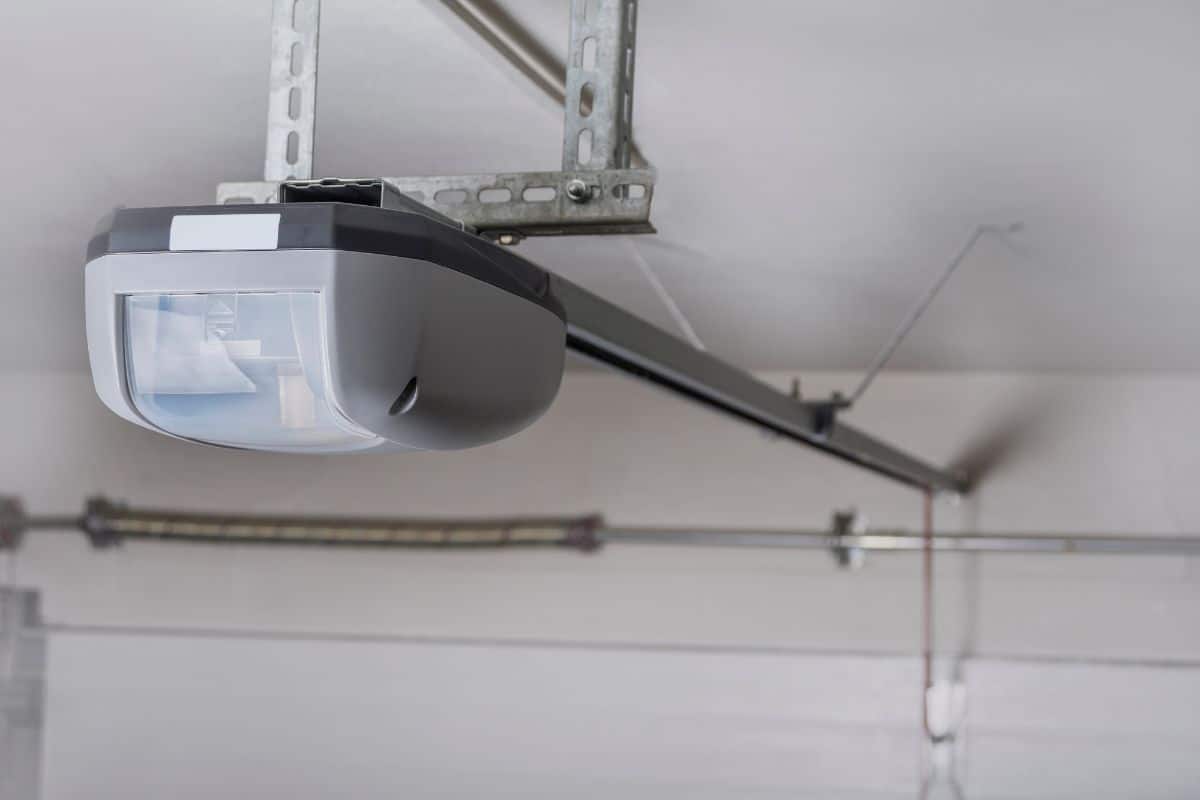

Articles
How Many Watts Does A Garage Door Opener Use
Modified: January 8, 2024
Discover the average power consumption of garage door openers in watts and find helpful articles on optimizing energy usage for your garage door opener.
(Many of the links in this article redirect to a specific reviewed product. Your purchase of these products through affiliate links helps to generate commission for Storables.com, at no extra cost. Learn more)
Introduction
Garage door openers are essential for every homeowner, providing convenience and easy access to the garage. They not only improve security but also offer protection against the elements. However, it’s important to understand the power usage of garage door openers to make informed decisions about energy consumption and efficiency.
Many homeowners tend to overlook the power usage of their garage door openers, focusing more on the functionality and reliability. However, understanding the wattage and power consumption of these devices can help save energy and reduce electricity costs in the long run.
In this article, we will delve into the details of how many watts a garage door opener uses, as well as the factors that affect its power consumption. We will also provide some energy-saving tips to help you optimize the use of your garage door opener and minimize your environmental impact.
Key Takeaways:
- Understanding the power usage of your garage door opener is crucial for optimizing energy consumption and ensuring efficient operation. Factors such as door size, motor type, and usage patterns can impact power consumption, so consider these when selecting a model.
- To save energy and minimize your environmental impact, consider upgrading to energy-efficient garage door opener models with an Energy Star rating, insulating your garage, performing regular maintenance, utilizing energy-saving features, and considering manual operation when appropriate.
Read more: How Many Horsepower Garage Door Opener
Understanding Power Consumption
Before we dive into the specific wattage of garage door openers, let’s first understand what wattage means in terms of power consumption. Wattage is a unit of measurement that represents the amount of electrical power consumed by a device or appliance.
When it comes to garage door openers, the wattage indicates the amount of electricity required to operate the motor and move the door up and down. This power consumption can vary depending on several factors.
One of the main factors that affects power consumption is the type and size of the garage door opener. Different models and brands have varying power requirements to operate efficiently. It’s important to note that larger and heavier doors generally require more power to open and close smoothly.
Another influential factor is the type of motor used in the garage door opener. There are typically two types of motors: AC (Alternating Current) and DC (Direct Current). AC motors are more common and tend to consume higher wattage compared to DC motors. The power requirements of the motor directly impact the overall power consumption of the garage door opener.
Additionally, the speed at which the garage door opens and closes can impact power usage. Faster door operation typically requires higher power consumption compared to slower operation. If speed is important to you, be prepared for a slightly higher wattage.
Other factors that can affect power consumption include the age and condition of the garage door opener, as well as any additional features or accessories it may have. Older openers can be less energy-efficient compared to newer models, and added features like automatic lighting or Wi-Fi connectivity may increase power usage.
Average Power Usage of Garage Door Openers
When it comes to the average power usage of garage door openers, the wattage can vary depending on various factors such as the type, brand, and features of the opener. However, there is a general range of wattage that most garage door openers fall into.
On average, a standard garage door opener consumes around 600 to 800 watts when operating. This includes the power required to lift and lower the door along with other essential functions like safety features and remote control operation.
It’s important to note that this wattage is an average and can vary based on the specific model and brand of the garage door opener. Some openers may have slightly lower wattage in the range of 500 to 600 watts, while others may have higher wattage in the range of 800 to 1000 watts.
The power usage can also depend on the size and weight of the garage door. If you have a larger or heavier door, the opener may require more power to operate effectively. Additionally, if the garage door opener has a higher horsepower rating, it may consume more watts to handle the increased load.
Keep in mind that these wattage ranges are general estimates and may not apply to every garage door opener in the market. It’s always a good idea to refer to the manufacturer’s specifications and guidelines to determine the exact power usage of the specific model you are interested in.
Some high-end and advanced garage door openers may have additional features that can impact power consumption. For example, openers with battery backup systems or integrated battery charging capabilities may consume more power when charging the batteries. Similarly, openers with built-in LED lighting or smart-home integration may have slightly higher power usage due to the added functionalities.
Ultimately, the power usage of a garage door opener will depend on various factors, including the specific model, brand, door size, additional features, and usage patterns. Understanding the average power consumption and the variations based on different models and brands can help you make an informed decision when selecting a garage door opener that suits your needs.
Consider investing in a garage door opener with a DC motor, as they tend to be more energy-efficient and consume fewer watts compared to traditional AC motor openers.
Factors Affecting Power Usage
The power usage of a garage door opener can be influenced by several factors beyond the specific model and brand. It’s important to consider these factors when assessing the overall power consumption of your garage door opener. Let’s take a closer look at some of the key factors.
1. Door Size and Weight: The size and weight of your garage door play a significant role in the power usage of the opener. Larger doors or doors made of heavier materials require more power to lift and lower. If you have a particularly large or heavy garage door, you may need to choose a garage door opener with a higher power rating to ensure smooth and efficient operation.
2. Frequency of Use: How frequently you use your garage door can impact the power usage. If you’re constantly opening and closing the door throughout the day, the garage door opener will consume more power. On the other hand, if the garage door is used less frequently, the power usage will be relatively lower. It’s a good idea to choose an opener that is designed for your specific usage patterns to optimize energy consumption.
3. Additional Features and Accessories: The presence of additional features and accessories can also affect power usage. For example, garage door openers with built-in LED lights or motion sensors may consume more power as they provide added functionality. Similarly, openers with battery backup systems or integrated battery charging capabilities may have higher power consumption due to the charging requirements. Be mindful of the extra features and assess their necessity to balance power usage and convenience.
Considering these factors when selecting a garage door opener ensures that you choose a model that aligns with your specific needs and usage patterns. It helps optimize power usage without compromising on the overall functionality and performance of the opener.
Energy Saving Tips for Garage Door Openers
While garage door openers are essential for convenience and security, there are steps you can take to optimize their energy usage and minimize your environmental impact. Here are some energy-saving tips for your garage door opener:
1. Upgrading to Energy-Efficient Models: Consider replacing your old garage door opener with a newer, energy-efficient model. Look for openers that have an Energy Star rating, indicating their energy-saving capabilities. These models are designed to consume less power while still providing reliable performance. Additionally, energy-efficient openers often come with advanced features like smart control options and improved motor technology.
2. Insulating the Garage: Proper insulation of your garage can help regulate the temperature inside and reduce the need for excessive heating or cooling. Insulated garage doors and walls prevent heat loss during winter and keep the area cooler in summer, reducing energy consumption for heating and cooling systems. This can indirectly contribute to reducing the power usage of your garage door opener.
3. Regular Maintenance and Adjustments: Perform regular maintenance on your garage door and opener to ensure smooth operation and optimal power usage. Keep the tracks clean and lubricated, check for any loose or worn-out parts, and make necessary adjustments to the opener’s settings. An efficiently operating door and opener will require less energy to open and close, leading to energy savings over time.
4. Use Energy-Saving Features: Many garage door openers come with energy-saving features that can be utilized to minimize power consumption. These features include scheduling options that allow you to set specific times for the opener to activate or deactivate, reducing standby power consumption. Additionally, some openers offer a low-power mode or sleep mode, which further conserves energy when the opener is not in use for an extended period.
5. Consider Manual Operation: If the weather permits and security is not a concern, you can manually operate your garage door instead of relying solely on the opener. This reduces the overall power usage and gives your opener a break, prolonging its lifespan in the process.
By implementing these energy-saving tips, you can reduce the power usage of your garage door opener and contribute to a more sustainable living environment. Not only will you save energy and lower your electricity bills, but you’ll also make a positive impact on the planet.
Read more: How Many Amps Is A Garage Door Opener
Conclusion
In conclusion, understanding the power usage of your garage door opener is essential for optimizing energy consumption and ensuring efficient operation. Here’s a recap of the key points discussed in this article:
- The wattage of a garage door opener represents the amount of electrical power it consumes.
- Factors that affect power consumption include door size, weight, motor type, speed of operation, age of the opener, and additional features or accessories.
- The average power usage of garage door openers ranges from 600 to 800 watts, but this can vary based on the model and brand.
- Consider factors such as door size, weight, and usage patterns when assessing power consumption.
- To save energy, consider upgrading to energy-efficient garage door opener models with an Energy Star rating.
- Insulating your garage can help regulate temperature, reducing the need for excessive heating or cooling.
- Regular maintenance and adjustments ensure optimal power usage and smooth operation.
- Utilize energy-saving features and consider manual operation when appropriate.
Considering power usage in garage door openers is not only important for cost savings but also for environmental reasons. By effectively managing energy consumption, you can minimize your carbon footprint and contribute to a more sustainable future.
So, whether you’re in the market for a new garage door opener or already have one installed, remember to pay attention to power usage. By making informed decisions and implementing energy-saving practices, you can enjoy the convenience of your garage door while minimizing your impact on the planet.
Frequently Asked Questions about How Many Watts Does A Garage Door Opener Use
Was this page helpful?
At Storables.com, we guarantee accurate and reliable information. Our content, validated by Expert Board Contributors, is crafted following stringent Editorial Policies. We're committed to providing you with well-researched, expert-backed insights for all your informational needs.
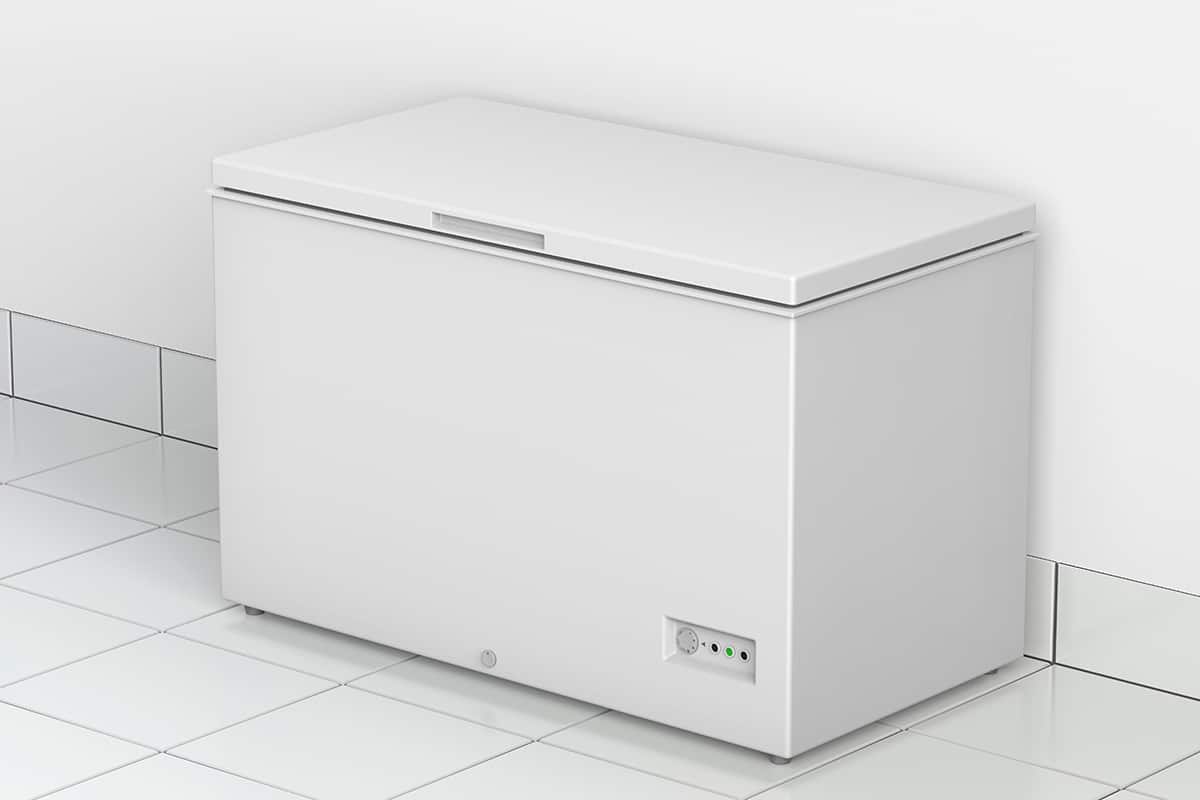

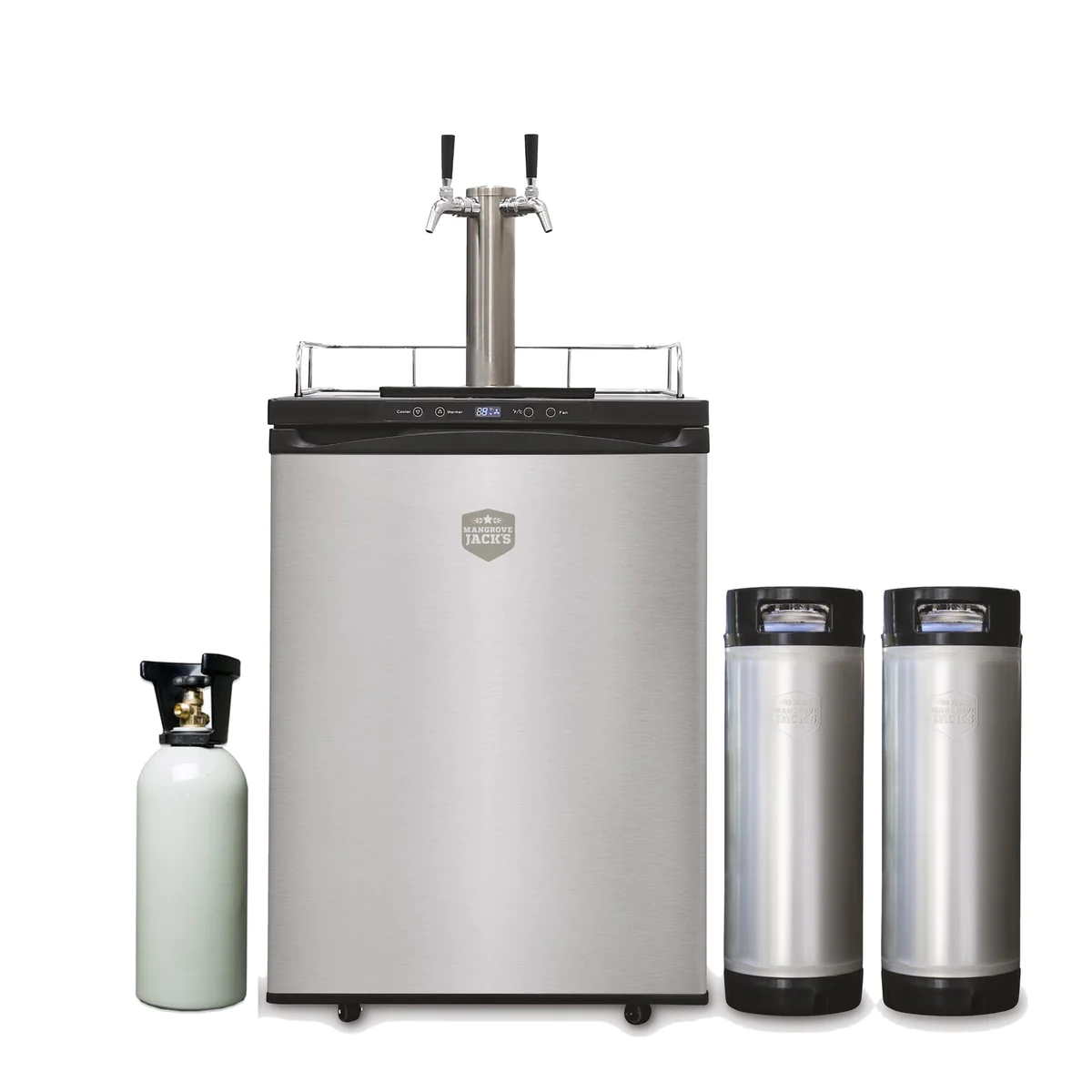
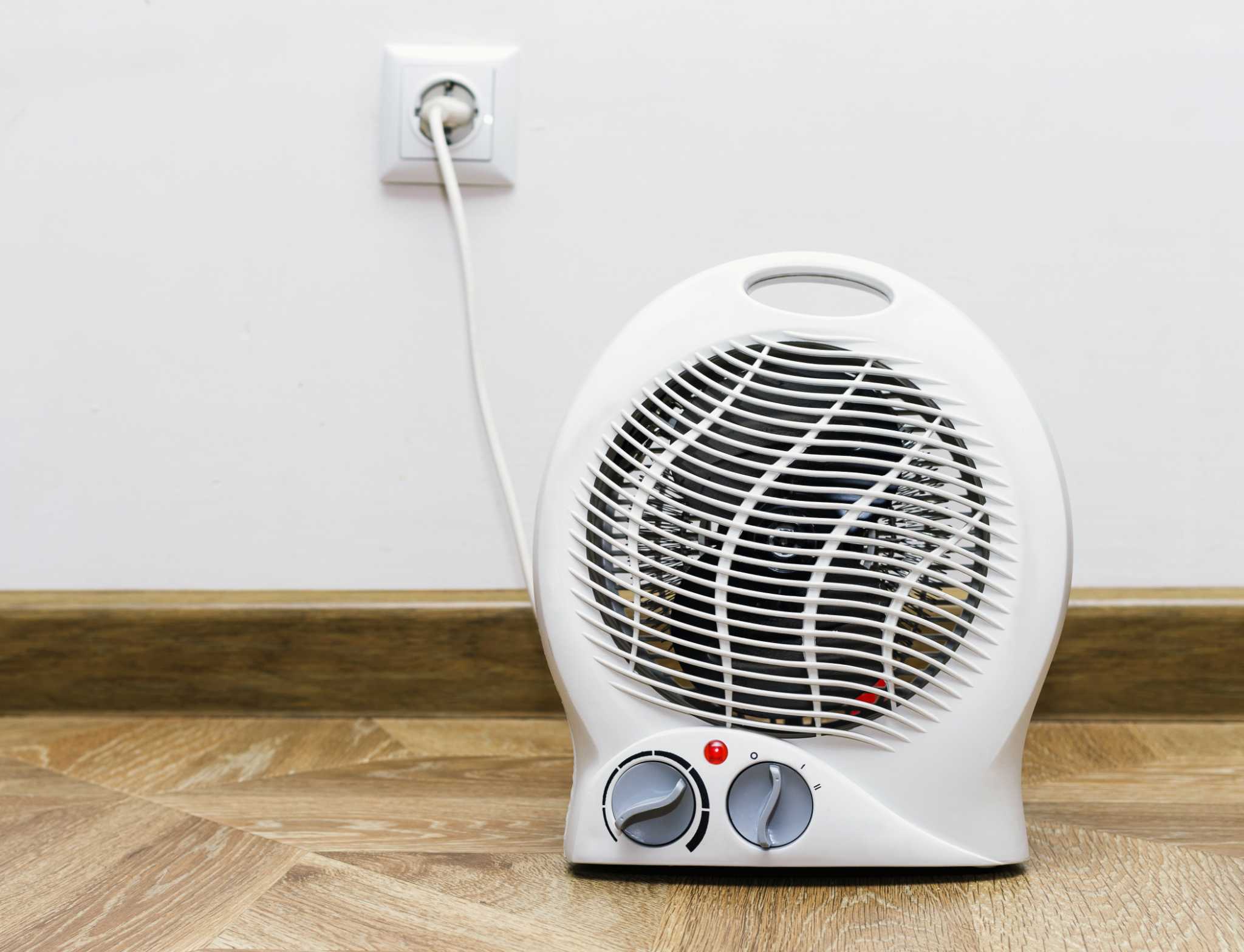
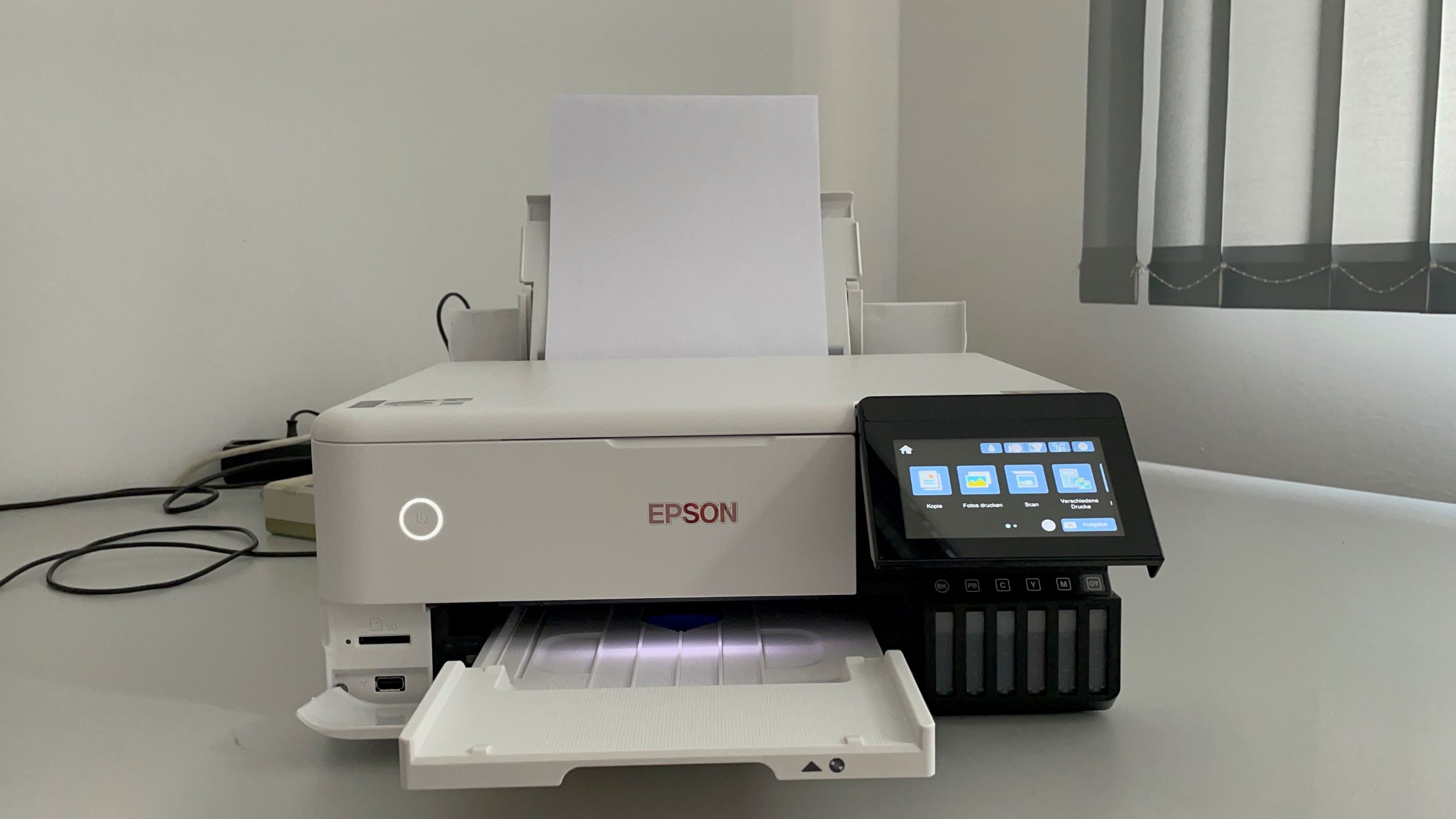

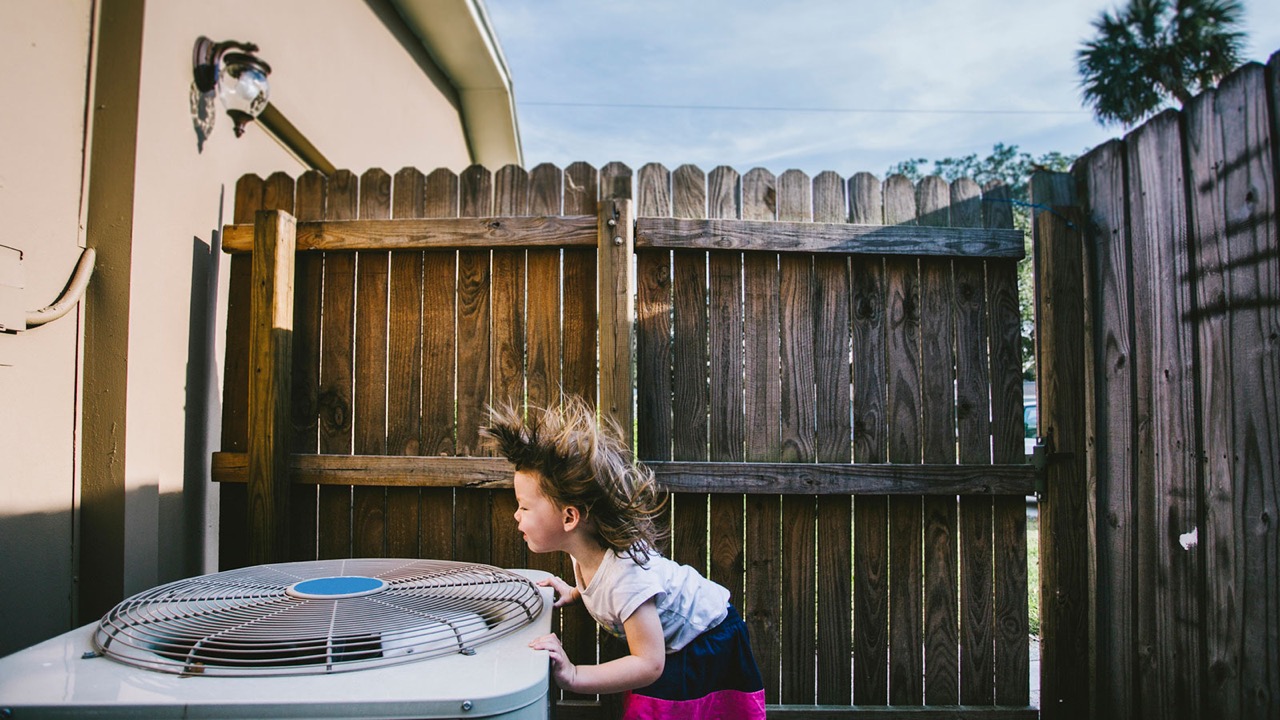
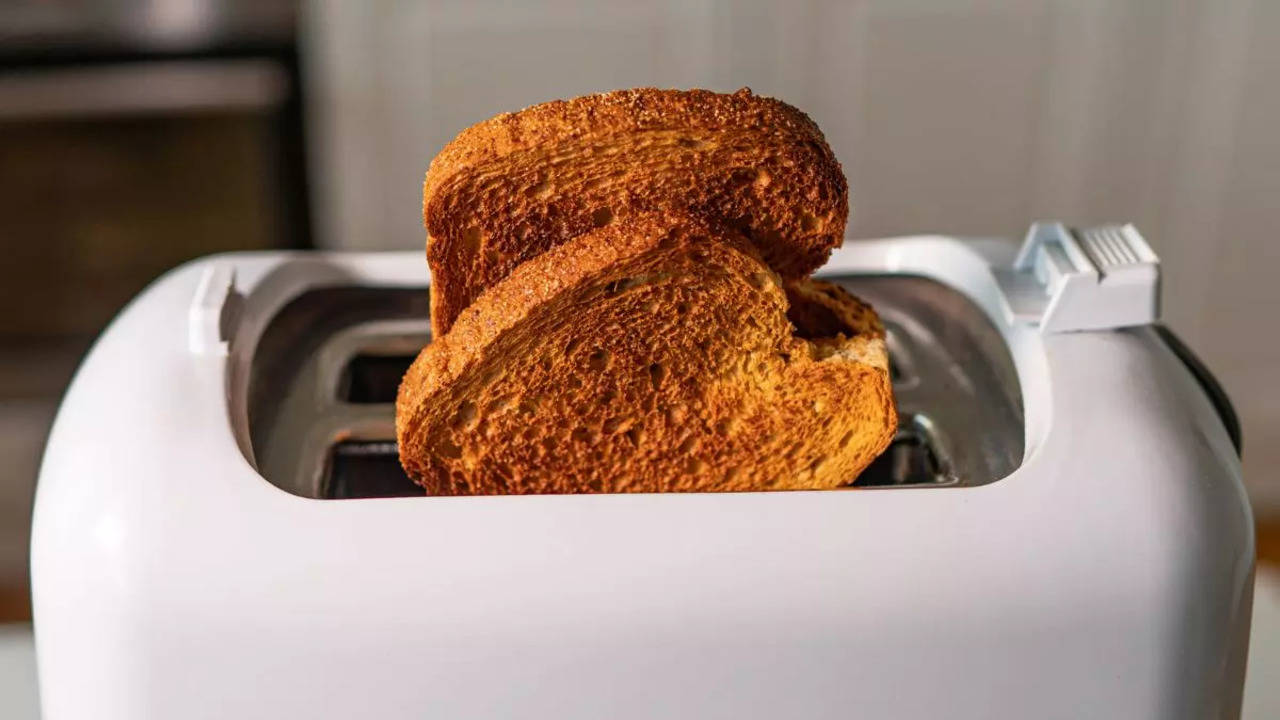
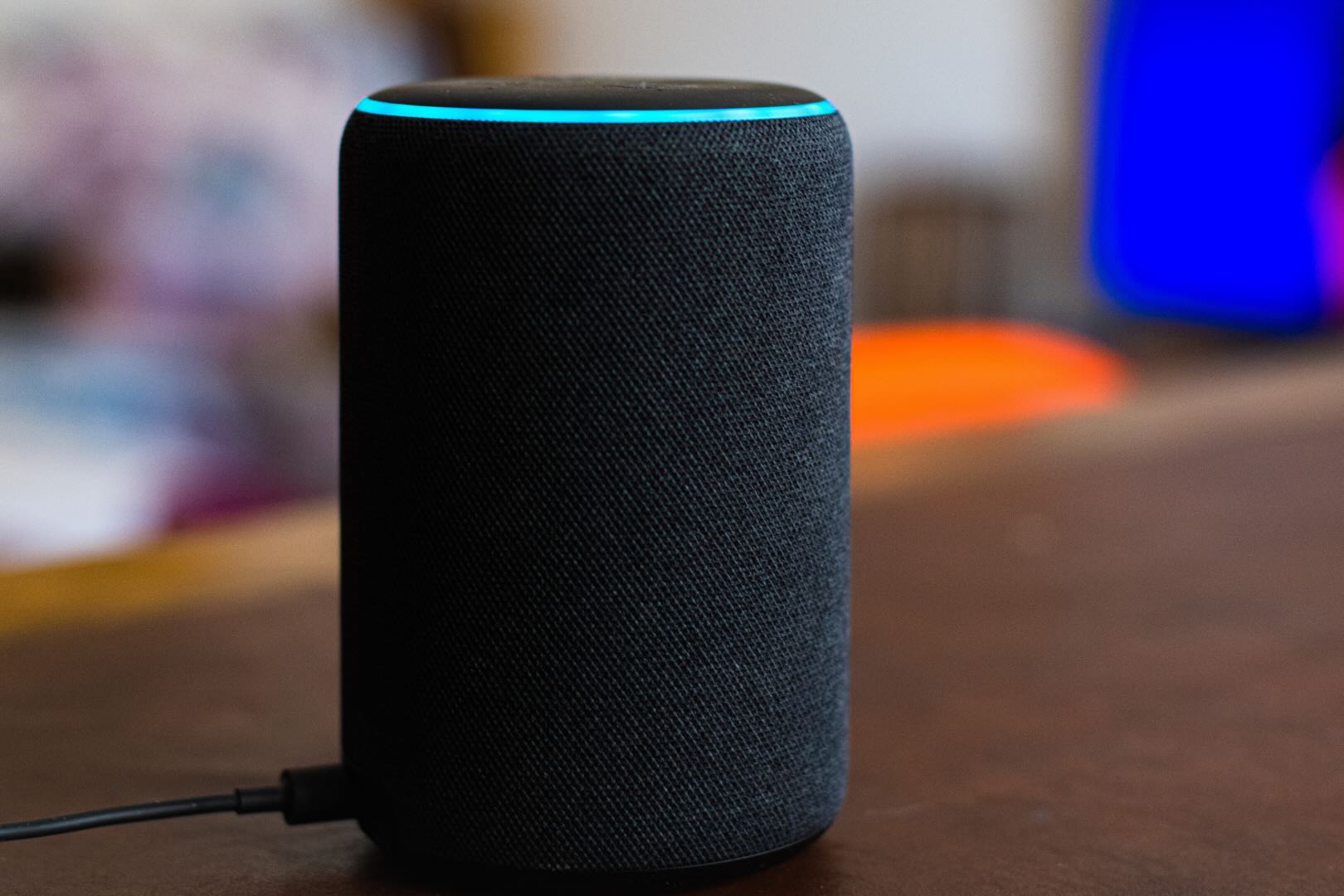
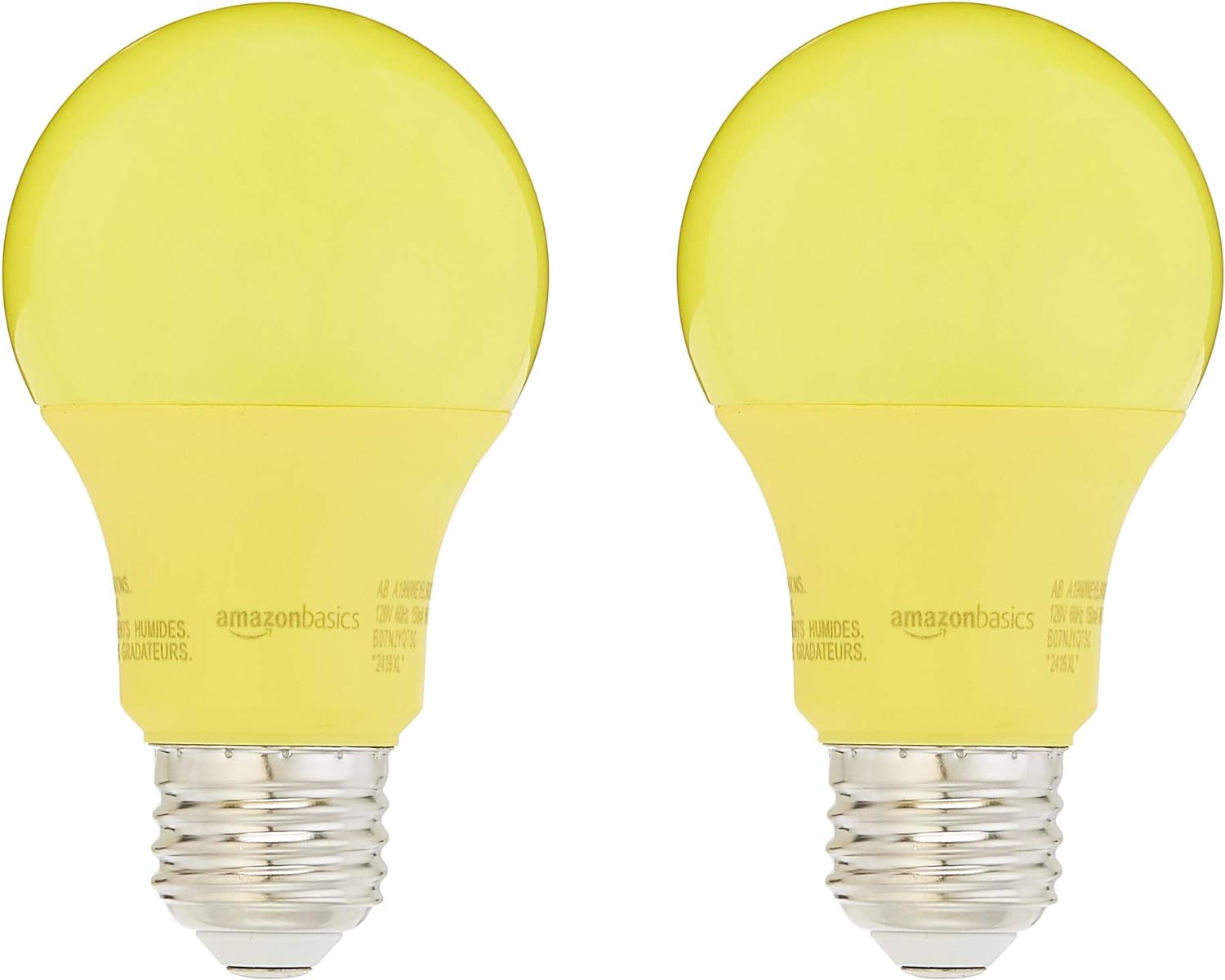

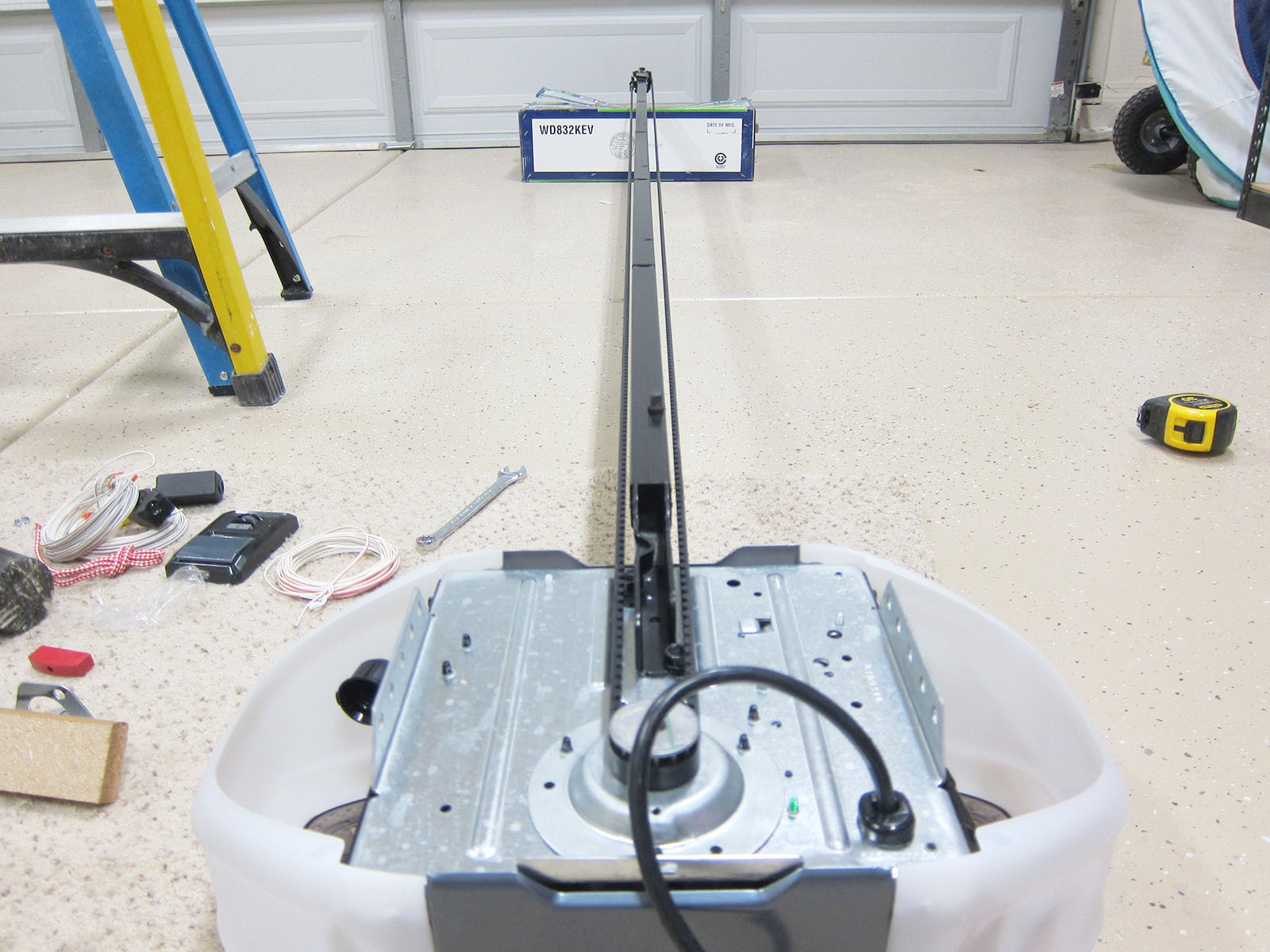
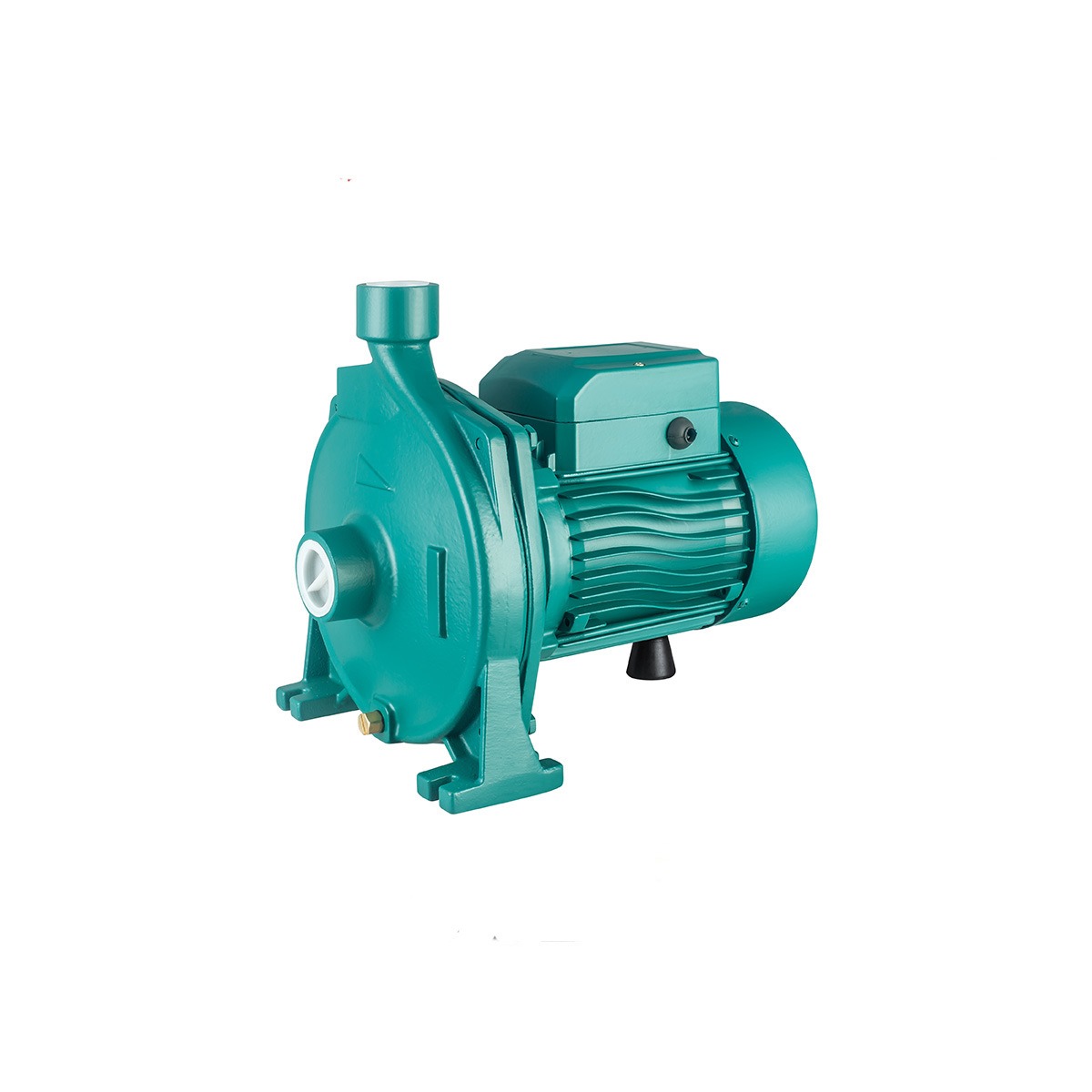
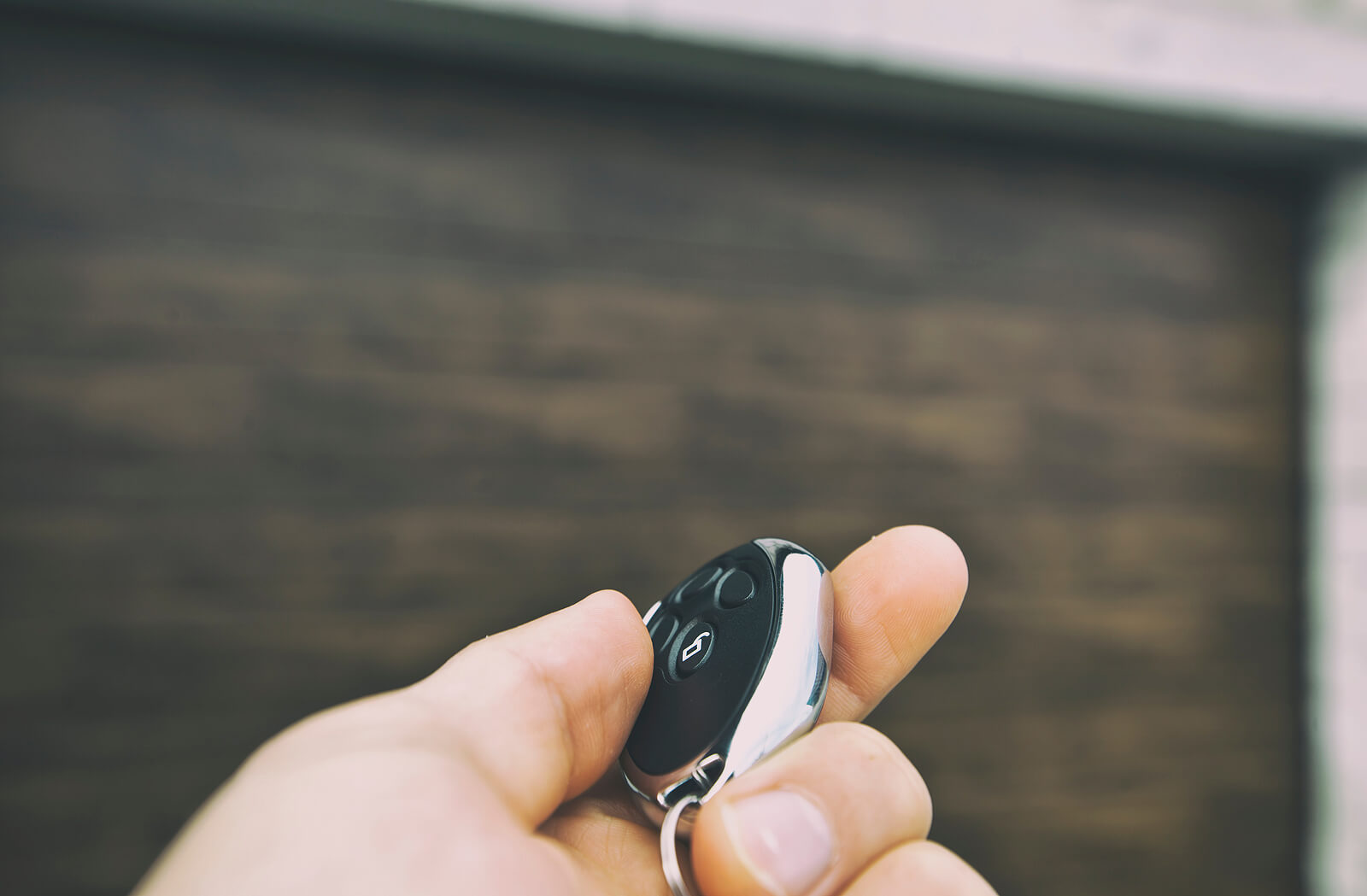

0 thoughts on “How Many Watts Does A Garage Door Opener Use”